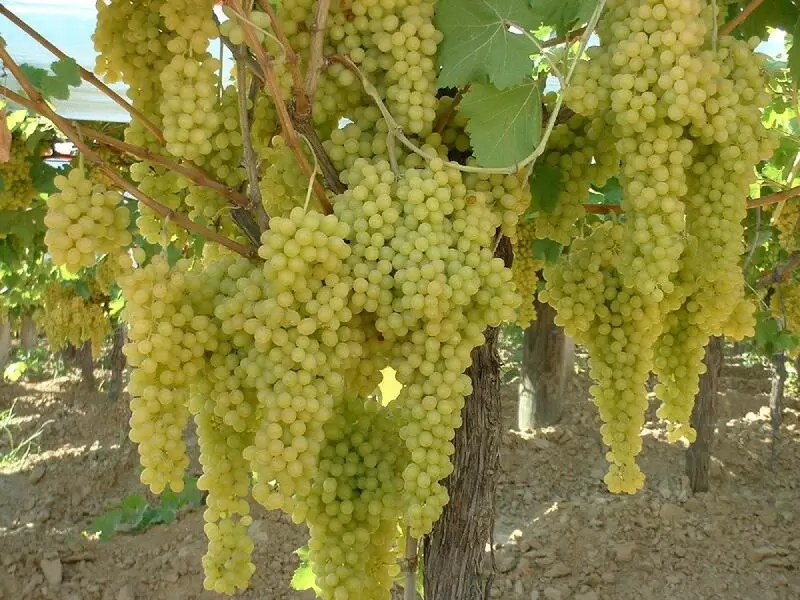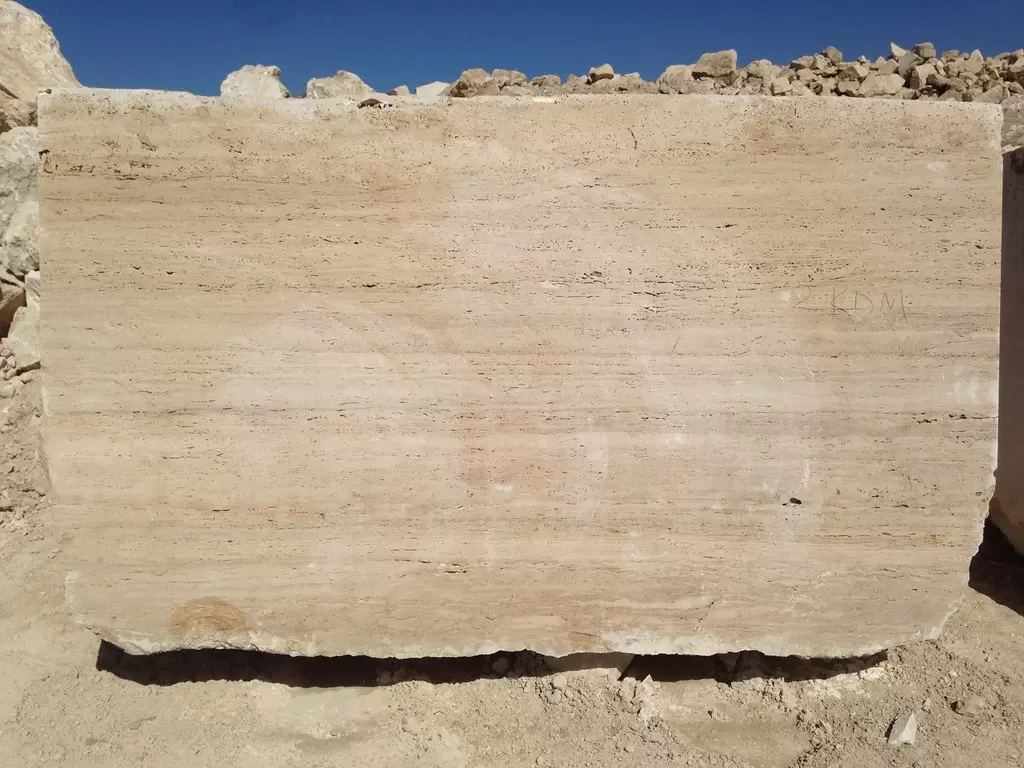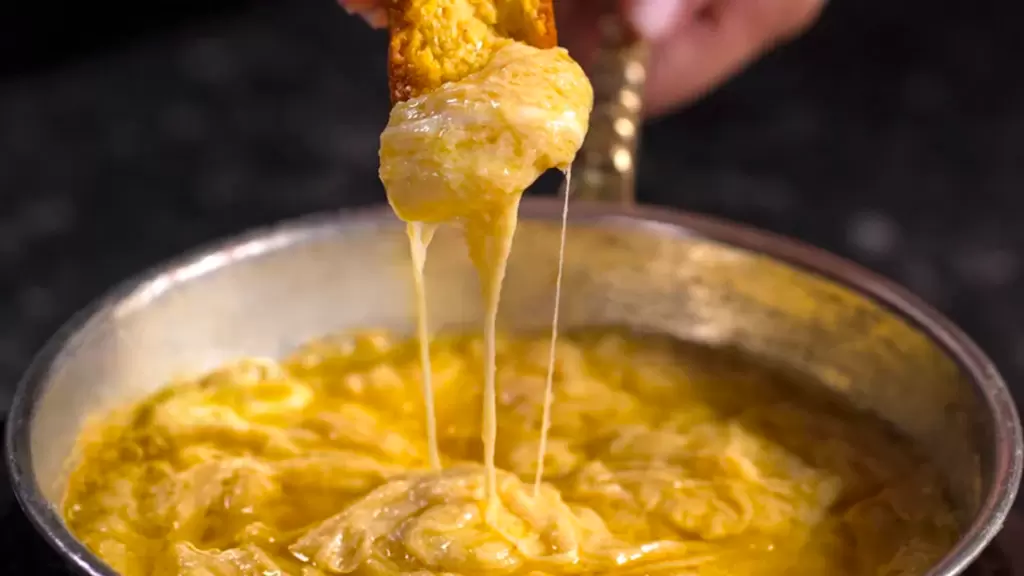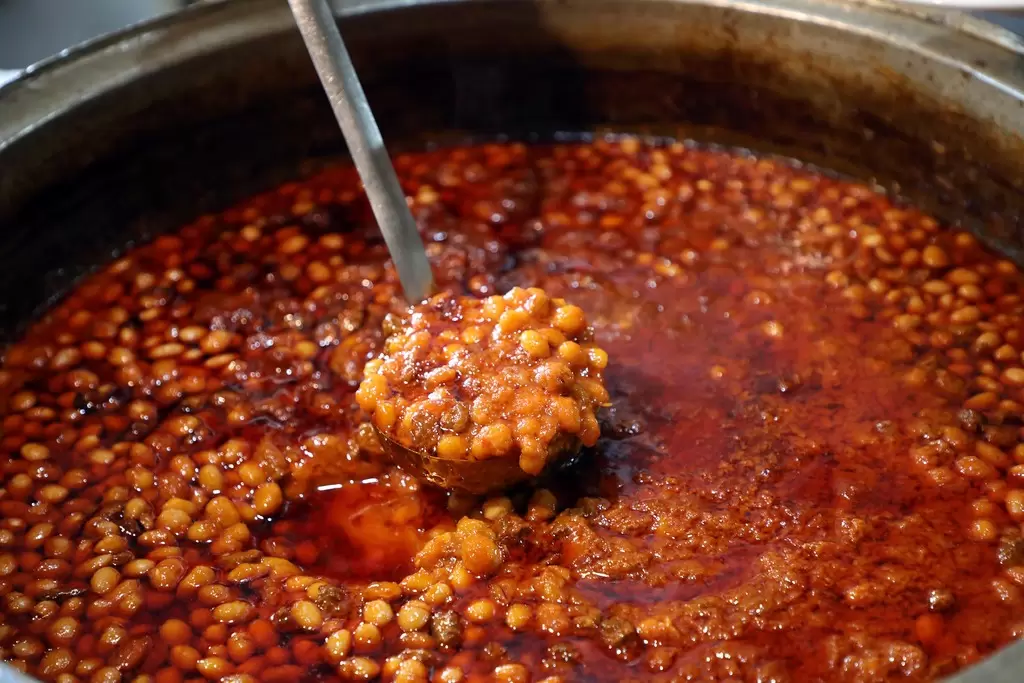
Manisa Sultani Seedless Grapes, a geographically indicated product from Turkey’s Manisa region, are a globally celebrated grape variety known for their exceptional flavor, versatility, and historical significance. These seedless grapes are a cornerstone of Turkish agriculture, thriving in the region’s fertile soils and ideal climate, making them a cherished product for fresh consumption, drying into raisins, and juicing.
Distinctive Features
-
Physical Characteristics
- Shape and Size: The berries are elliptical to round and medium-sized, offering a pleasing and uniform appearance.
- Color: The grapes exhibit a green-yellow hue when fully ripe, contributing to their visual appeal and signaling their sweet flavor.
- Skin and Texture: With thin and delicate skin, the grapes are easy to eat while maintaining their integrity during handling and transport.
- Cluster Structure: The grape clusters are medium-sized and evenly packed, providing an aesthetically pleasing and high-yield presentation.
-
Flavor Profile
- Manisa Sultani Seedless Grapes are known for their naturally sweet flavor, enhanced by the region’s sunny climate and fertile soils.
- The grapes have a subtle, aromatic quality that makes them a favorite for both snacking and culinary uses.
-
Versatility in Use
- Table Grapes: Their sweetness and thin skin make them perfect for fresh consumption as a snack or dessert fruit.
- Raisins: When dried, they become the renowned Manisa Sultanas, a premium raisin variety used in baking, cooking, and snacking.
- Juicing: The grapes’ natural sweetness and high juice content make them ideal for fresh juices and grape-based beverages.
- Culinary Applications: They are widely used in both sweet and savory dishes, including traditional Turkish desserts and salads.
-
Harvest and Seasonality
- The grapes are typically harvested from mid-August to early September, ensuring peak ripeness and optimal flavor.
- This timing aligns with the Mediterranean growing season, allowing for natural sweetness and full maturity.
-
Cultural and Historical Significance
- The name “Sultani” reflects the grapes’ historical association with royalty, as they were deemed "worthy of sultans" for their superior quality.
- Manisa’s history as a center for Ottoman princes adds to the grapes’ cultural and historical importance.
-
Optimal Growing Conditions
- Climate: The region’s Mediterranean climate, with warm summers and mild winters, provides the ideal environment for grape cultivation.
- Soil: Manisa’s fertile soils contribute to the robust growth and exceptional taste of the grapes.
- Sun Exposure: Prolonged sunlight during the growing season enhances the grapes’ natural sweetness and flavor.
-
Nutritional Benefits
- Rich in natural sugars, antioxidants, and vitamins, Manisa Sultani Seedless Grapes offer a healthy energy source.
- They are low in fat and sodium, making them a nutritious snack for various diets.
-
Geographical Indication and Quality Assurance
- The geographical indication ensures that these grapes are grown, harvested, and processed exclusively in the Manisa region.
- This certification protects the authenticity of the product and highlights its superior quality in domestic and international markets.
-
Economic Importance
- As a major agricultural product, Manisa Sultani Seedless Grapes support the local economy, providing income for farmers and agricultural workers.
- The production of both fresh grapes and sultanas contributes significantly to Turkey’s agricultural exports.
-
Environmental Sustainability
- The cultivation practices for Manisa Sultani Seedless Grapes emphasize sustainability, preserving the region’s natural resources while maintaining high-quality yields.
Conclusion
Manisa Sultani Seedless Grapes are more than just a fruit—they represent the agricultural heritage and expertise of the Manisa region. Their sweet flavor, thin skin, and versatile uses make them a standout product in Turkish and global markets. Whether enjoyed fresh, as raisins, or in culinary creations, Manisa Sultani Seedless Grapes offer an unparalleled taste of Turkish agricultural excellence.


















